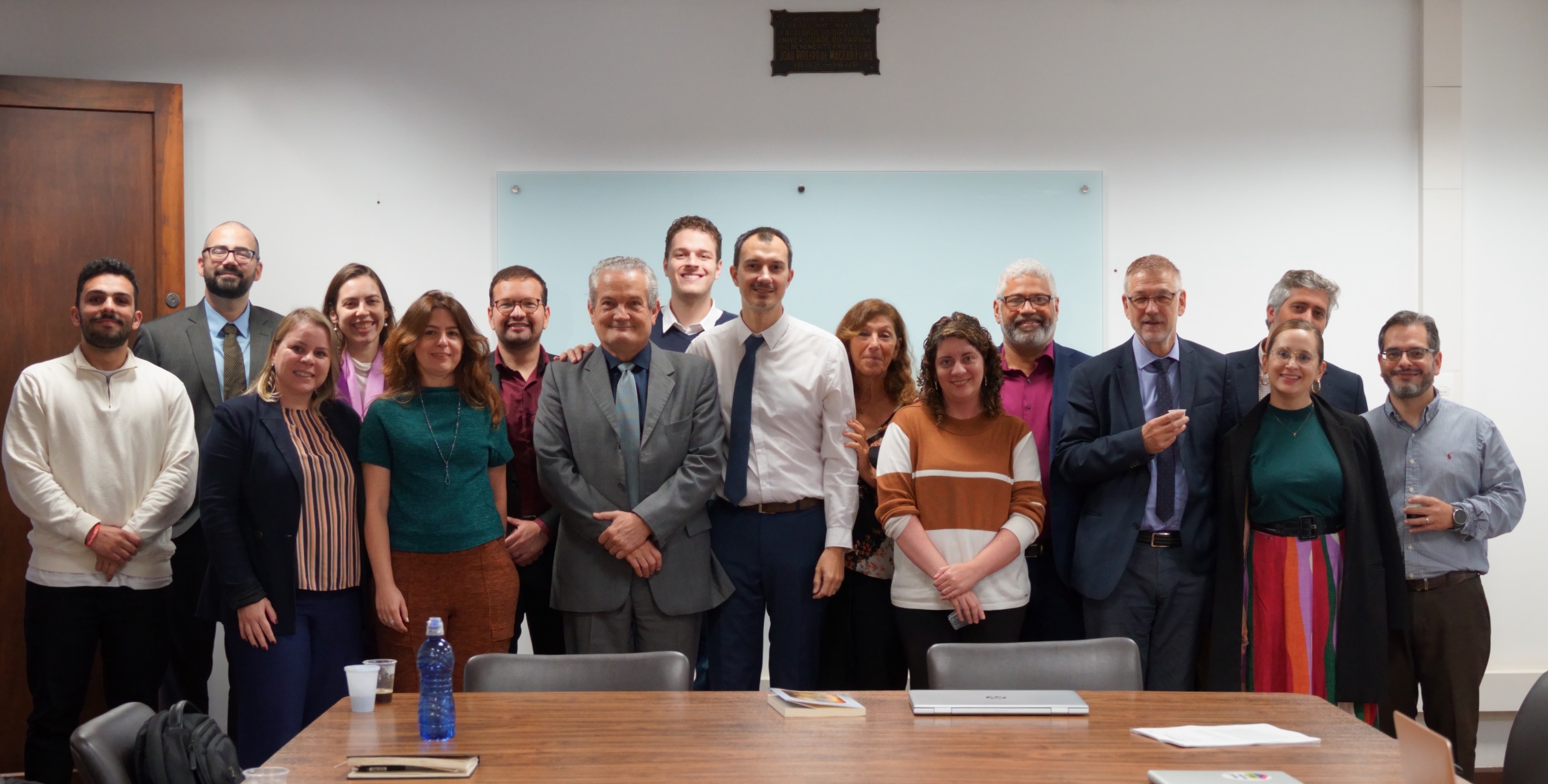
Federal University of Paraná, Curitiba - 09 October 2024
Participants discussed the need for an adaptable legal framework that encourages innovation and allows, under certain circumstances, the use of protected works without infringing the rights of their owners. It was highlighted how TDM activities in sectors such as scientific research could benefit from a more flexible approach to legislation, especially considering that the rigidity of some regulations limits the development and accessibility of these technologies.
One of the central issues was the economic impact of TDM and generative AI on the creative market and the risks of creating market failures, negatively affecting traditional creators. The legislative experiences of different countries that have implemented specific regulations were also analysed. However, in Latin America, progress in this area is limited and legal and economic challenges that affect innovation persist.
The workshop concluded with important advances to be considered in the Regional Instrument on Permitted Uses in Copyright, highlighting the need to promote a balance between the rights of authors and the public interest in technological innovation. It also underlined the importance of a regional approach to adapting copyright regulations in Latin America, including specific exceptions for the implementation of text and data mining.
Participants
SIPLA Staff
- Reto Hilty
- Pedro Batista
- Juliana Krueger
- Roxana Blasetti
- Nicolás Hermida
- Juan Correa
- María Alejandra Echavarría
- Débora Schwartz
Staff Federal University of Paraná
- Marcos Wachowicz
- Lukas Ruthes Gonçalves
- Oscar Cidri
- Maria Helena J. de Macedo
- Pedro de Perdigão Lana
External participants
- Allan Rocha, Brazil
- Luca Schirru, Brazil
- Ligia Penkal, Brazil
- Marcela Palacio Puerta, Colombia
- Eduardo de la Parra, Mexico